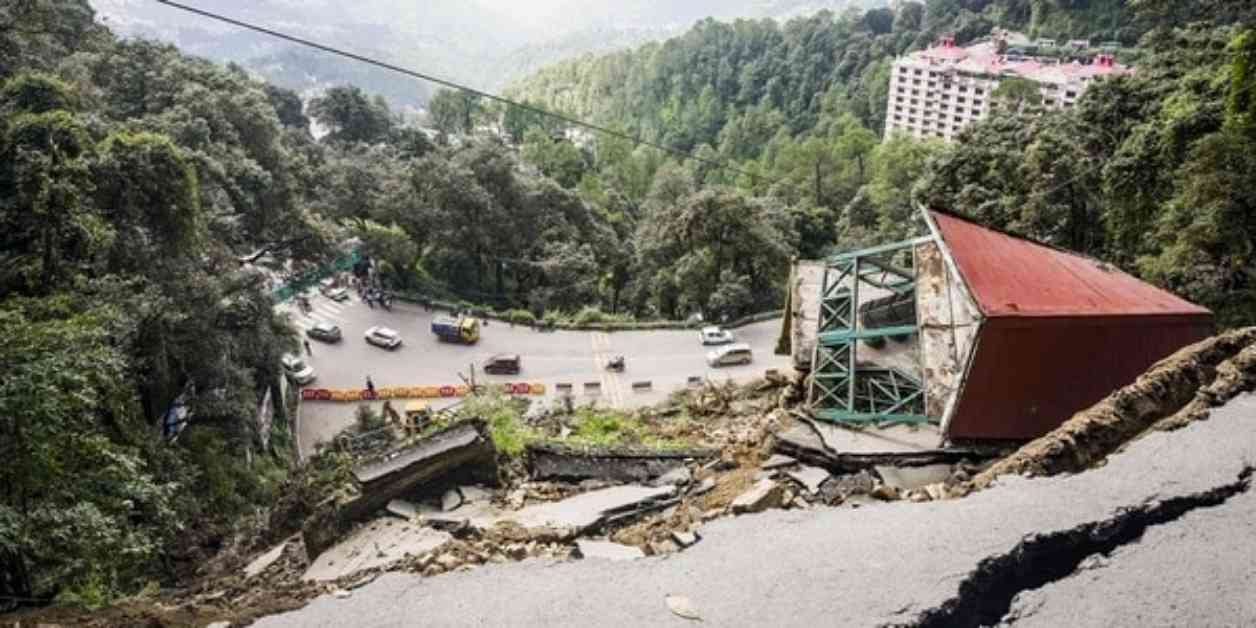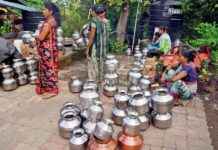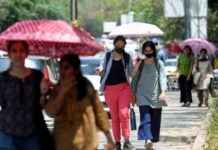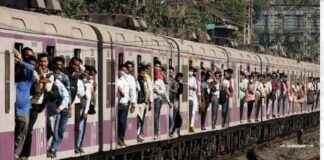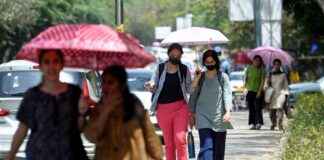**Rescue Operations Continue in Shimla After Devastating Landslides**
Shimla, a picturesque city in Himachal Pradesh, is currently reeling from the aftermath of multiple landslides that were triggered by heavy monsoon rainfall. The recent natural disasters have caused widespread destruction, claiming the lives of at least 20 individuals, with ongoing search and rescue operations being conducted to locate any remaining victims buried under the rubble.
**District Administration Mobilizes Resources for Restoration Efforts**
In response to the calamity, the Shimla District Administration wasted no time in mobilizing resources and personnel to address the immediate challenges posed by the landslides. An emergency meeting was convened to strategize road restoration efforts and ensure the safety of residents in affected areas.
“The landslides and damaged roads have created a volatile situation in Shimla. We are working diligently to restore normalcy and ensure the safety of our citizens,” stated Deputy Commissioner Anupam Kashyap, highlighting the urgency of the situation.
**Challenges Faced in Rescue Operations and Restoration**
The search and rescue operations in the aftermath of the landslides have proven to be arduous, with only 20 out of 33 bodies recovered so far. The rugged terrain and adverse weather conditions have hampered efforts to locate missing individuals, particularly in the Rampur floods in Samej areas.
Deputy Commissioner Kashyap emphasized the need for a coordinated approach to address the geological challenges posed by the landslides and ensure effective restoration efforts. The recovery of bodies from the Sutlej River underscores the severity of the situation, as authorities monitor multiple locations along the riverbank for any further casualties.
**Impact on Infrastructure and Road Connectivity**
The landslides in Shimla have wreaked havoc on vital infrastructure, particularly in areas like Boilouganj, Chaura Maidan, and MLA Crossing. The road connecting these regions has been severely damaged, rendering it impassable for vehicles and pedestrians alike.
Shimla SP Sanjeev Kumar Gandhi elaborated on the disruptions caused by the landslides, stating, “The recent landslides have compromised road connectivity in several key areas of the city. Traffic has been redirected to ensure public safety, but the challenges posed by the damaged roads remain significant.”
**Residents Express Concerns Over Negligence and Infrastructure Issues**
Local residents in Shimla have voiced their frustrations over the perceived negligence of authorities that may have contributed to the landslides. Concerns about water and sewage supply disruptions have been raised, highlighting the broader impact of the natural disasters on essential services in the city.
Karamveer, a resident of Shimla, lamented the lack of accountability from officials regarding the damaged roads and infrastructure issues. “It is disheartening to see the consequences of negligence unfold in our city. The authorities must take immediate action to rectify the situation and prevent further harm to residents,” Karamveer emphasized.
**Potential Water Shortages and Infrastructure Challenges**
The damaged roads and infrastructure in areas like Boilouganj, Totu, Chakkar, and Bara gaon have raised concerns about potential water shortages and other issues affecting local communities. Continued construction activities in these regions could exacerbate existing problems, further straining resources and posing risks to residents.
As residents grapple with the aftermath of the landslides, the need for swift and effective intervention by authorities has become paramount. Addressing the underlying causes of the natural disasters and implementing sustainable solutions will be crucial in safeguarding the well-being of Shimla’s population.
**Conclusion**
In conclusion, the landslides in Shimla have underscored the vulnerabilities of the city’s infrastructure and the pressing need for proactive measures to mitigate future disasters. The ongoing rescue operations and restoration efforts are testament to the resilience and determination of the local community in the face of adversity. By prioritizing safety, accountability, and sustainable development practices, Shimla can emerge stronger from this crisis and build a more resilient future for its residents.
